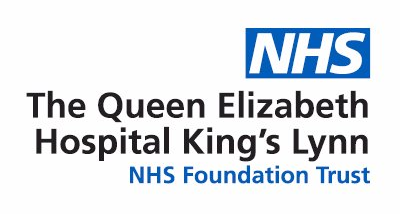Radiology
What is Radiology?
Radiology is a medical specialty that uses imaging to diagnose and treat diseases seen within the body. Radiologists use a variety of imaging techniques such as X-ray, Ultrasound, Computed Tomography (CT), nuclear medicine and Magnetic Resonance Imaging (MRI) to diagnose and/or treat diseases.
The radiology department may also be called the X-ray or Imaging Department. It is the facility in the hospital where radiological examinations of patients are carried out.
What is a Radiologist?
A Radiologist is a specially trained doctor who interprets diagnostic imaging to guide the management of disease. If you have an interventional procedure (such as an angiogram or biopsy) a specially trained radiologist called an interventional radiologist will perform the procedure. Radiologists provide a written report which is then sent to your doctor.
What is a Radiographer?
A diagnostic radiographer is a person who has been trained to take your X-ray or perform your MRI or CT scan. If trained to perform an Ultrasound a radiographer is known as a sonographer. Radiographers also support a radiologist in performing interventional procedures.
Diagnostic radiographers employ a range of techniques to produce high quality images to diagnose disease. Some radiographers are also trained to provide reports on imaging.
The identification and monitoring of diseases, skeletal and soft tissue abnormalities and trauma are the major focus of diagnostic radiography.
Radiographers use a range of techniques including:
- X-rays – used to look through tissue to examine bones, cavities, and foreign objects. May be used with contrast agents to provide a live motion image, eg fluoroscopy to image the digestive system, or angiography to investigate blood vessels
- CT (computed tomography) – provides cross-sectional views (slices) of the body allowing disease to be identified and localised.
- Nuclear Medicine – uses radioactive tracers which can be administered to examine how the body and organs function, for example the kidneys or heart. Certain radioisotopes can also be administered to treat cancers such as thyroid cancer.
- Bone Density scan (DEXA) - A DEXA scan is a special type of X-ray that measures bone mineral density (BMD). It's also known as a DXA, dual X-ray absorptiometry, a bone density scan or a bone densitometry scan
Techniques that do not use ionising radiation are:
- Ultrasound – uses high frequency sound. This technique is widely used in obstetrics, gynaecology, and paediatrics and for patients with abdominal, vascular or musculoskeletal conditions
- MRI (magnetic resonance imaging) – provides high quality imaging of body parts without the need for radiation.
Using the department
More information about diagnostic procedures can be found on the NHS website
About the Department
If you require imaging then you will be referred to us by a clinician, Radiology requests have similar status to Prescriptions. We send the results back direct to the clinician that requested the imaging. We are unable to give out results over the telephone to anyone.
In the event of a query, please contact the person that is / has requested imaging. If your query is regarding an appointment, then please contact us directly on the telephone number sent on the appointment letter.
AccessAble
AccessAble helps inform you about the accessible facilities that are available at QEH, featuring relevant information about our hospital to help you make an informed decision when deciding to visit the area.
View AccessAble information for CT Scan
View AccessAble information for X-ray and MRI
View AccessAble information for Ultrasound and Dexa Suite


